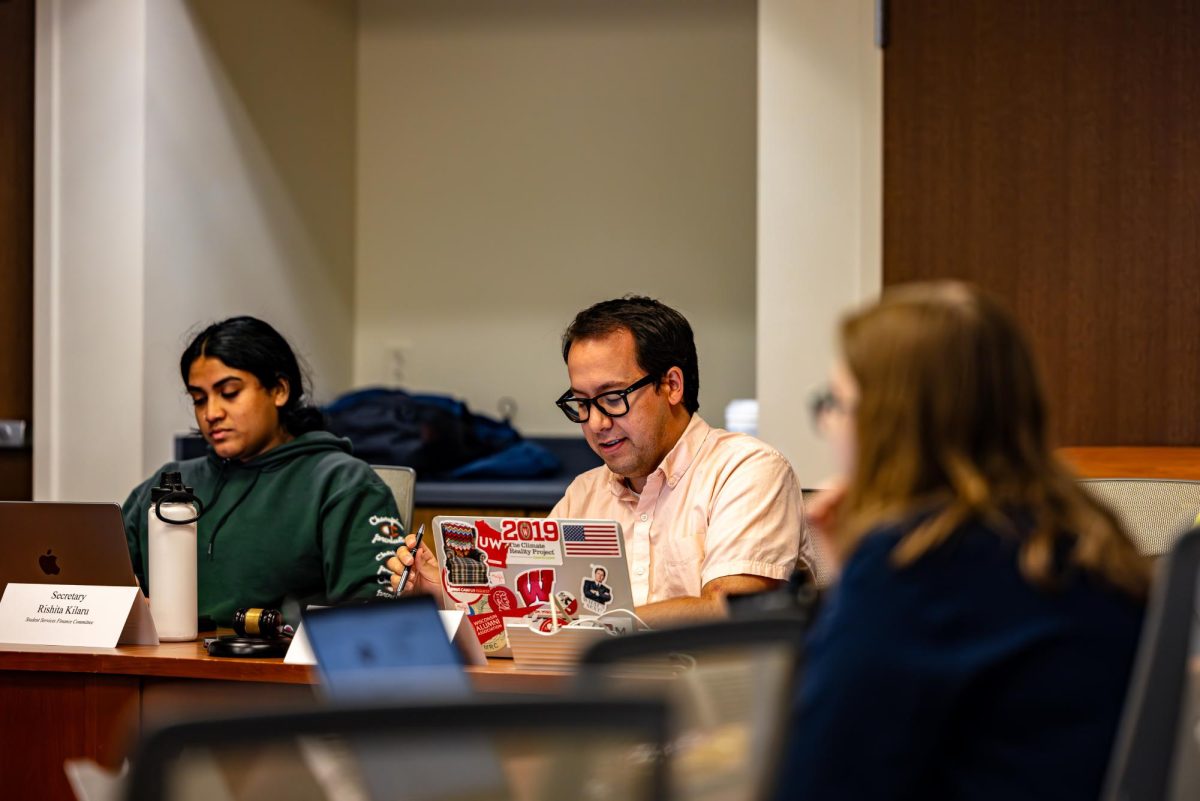The federal government is clamping down on illegal file sharing on college campuses with a new act that threatens loss of federal funding for schools that fail to adequately monitor illicit downloaders.
Under The Higher Education Opportunity Act, which went into effect July 1, all institutions of higher education that receive funding from the federal government must do all they can to stop illegal file sharing or risk losing federal funding.
For UW, this means continuing efforts already in effect for years, according to Division of Information Technology spokesperson Brian Rust.
There will likely be few changes made to UW wireless and internet procedures as a result of the act and UW is not at risk for losing federal funding because of lax internet policies, Rust said.
Rust added the only change would be formalizing policies UW has been following for years.
Posters, e-mails and seminars at Student Orientation And Registration are all measures UW put in place to inform students and their parents about the dangers of illegal file sharing, or as Kip Cox in the Offices of the Dean of Students said, “illegal file stealing.”
The recording and motion picture industries lobbied heavily to ensure the act became a reality, Rust said.
Cox said the problem is prevalent on every campus and is an important issue because it is stealing, not sharing.
UW frequently receives Cease and Desist orders from both the recording and motion picture industries which contain the date and time of the alleged infraction and the IP address where it occurred.
After receiving an order, DoIT examines their logs, which are kept for 30 days.
Rust said if the illegal activity happened within that time period, DoIT will notify the student and ask they remove the file and turn off any and all file sharing software.
This is considered strike one.
A second offense means students have to take a copyright awareness quiz and have DoIT search their computers, Cox said.
When students do get a second offense, Cox said it is usually because they did not turn off their file sharing software correctly or they were not even aware they had it in the first place.
Cox said he urged students to get their computers checked by DoIT to make sure this does not happen to them.
“Very few students get a second offense,” Cox said. “The ones that are aware of it usually stop after the first time.”
UW has never had a student hit their third strike, but Cox said disciplinary action and loss of UW Internet privileges would most likely be the result.
The vast majority of infractions occur in UW Residence Halls or with students using UW’s wireless Internet, Rust said.
Wireless, however, does not protect a student’s identity, as 26 students who were subpoenaed in 2007 can attest.
Rust said the Recording Industry Association of America subpoenaed the students’ information and DoIT had no choice but to comply.
The case settled out of court, with each of the individuals paying around $3,000, Cox said.
















